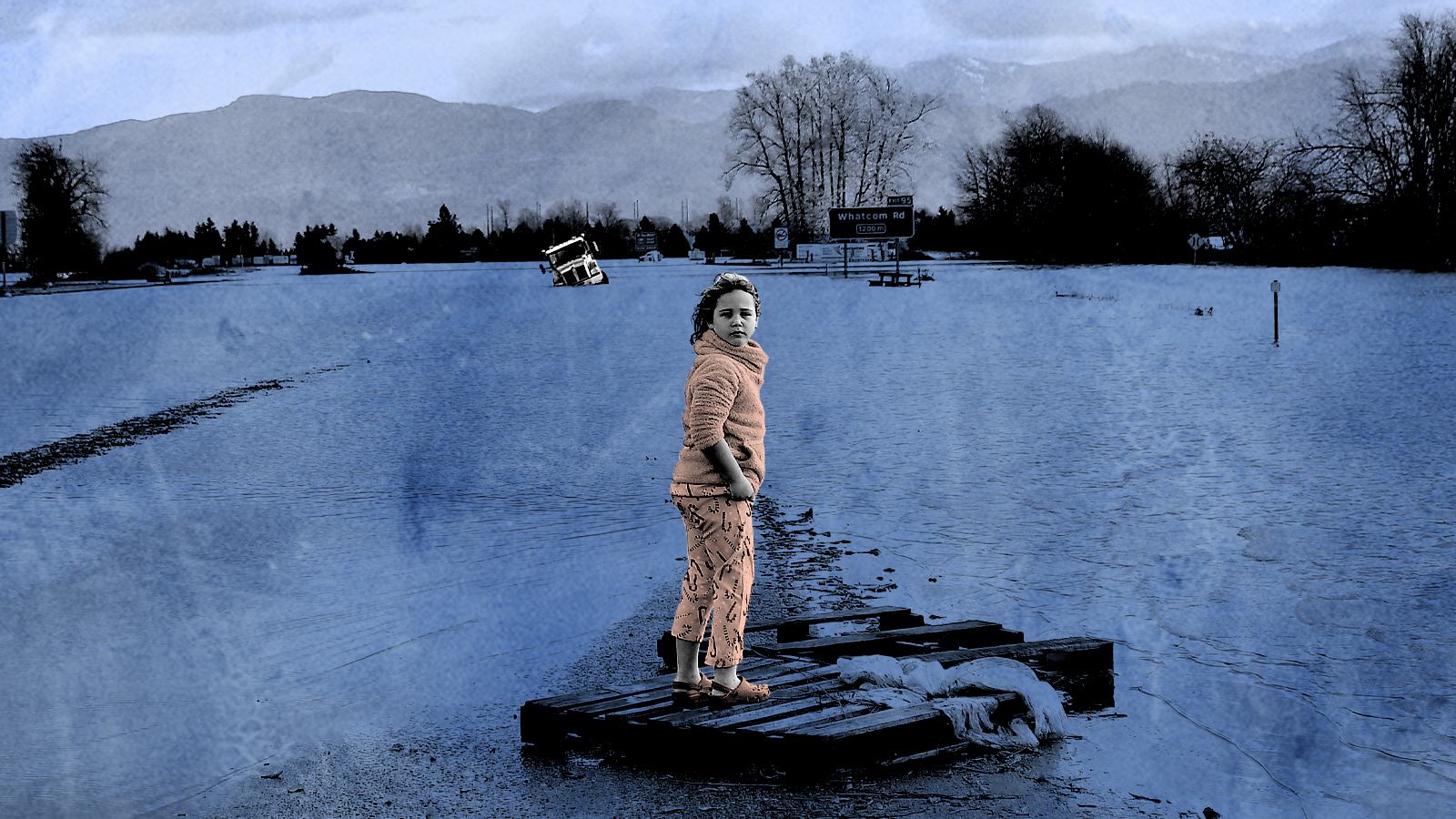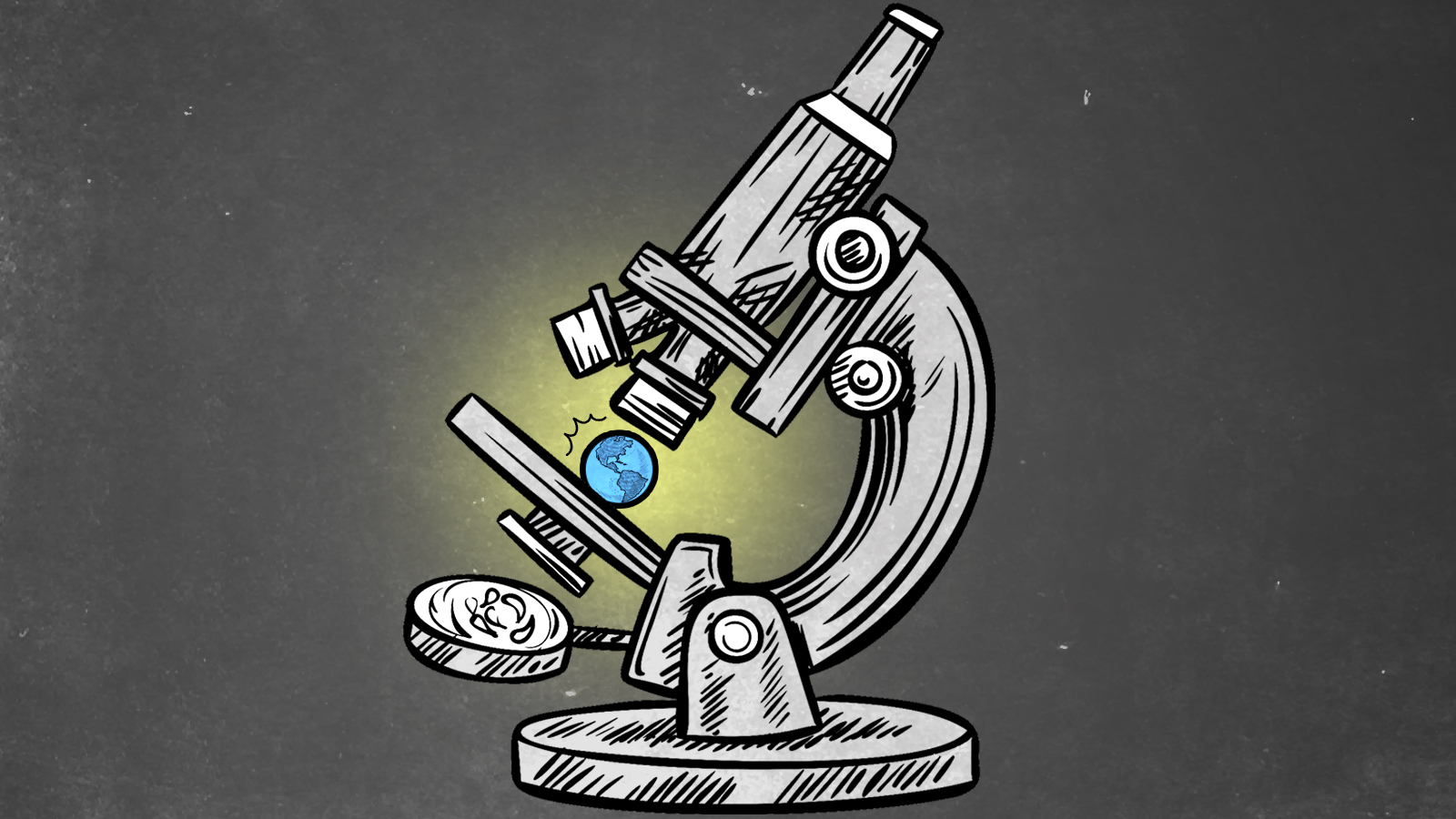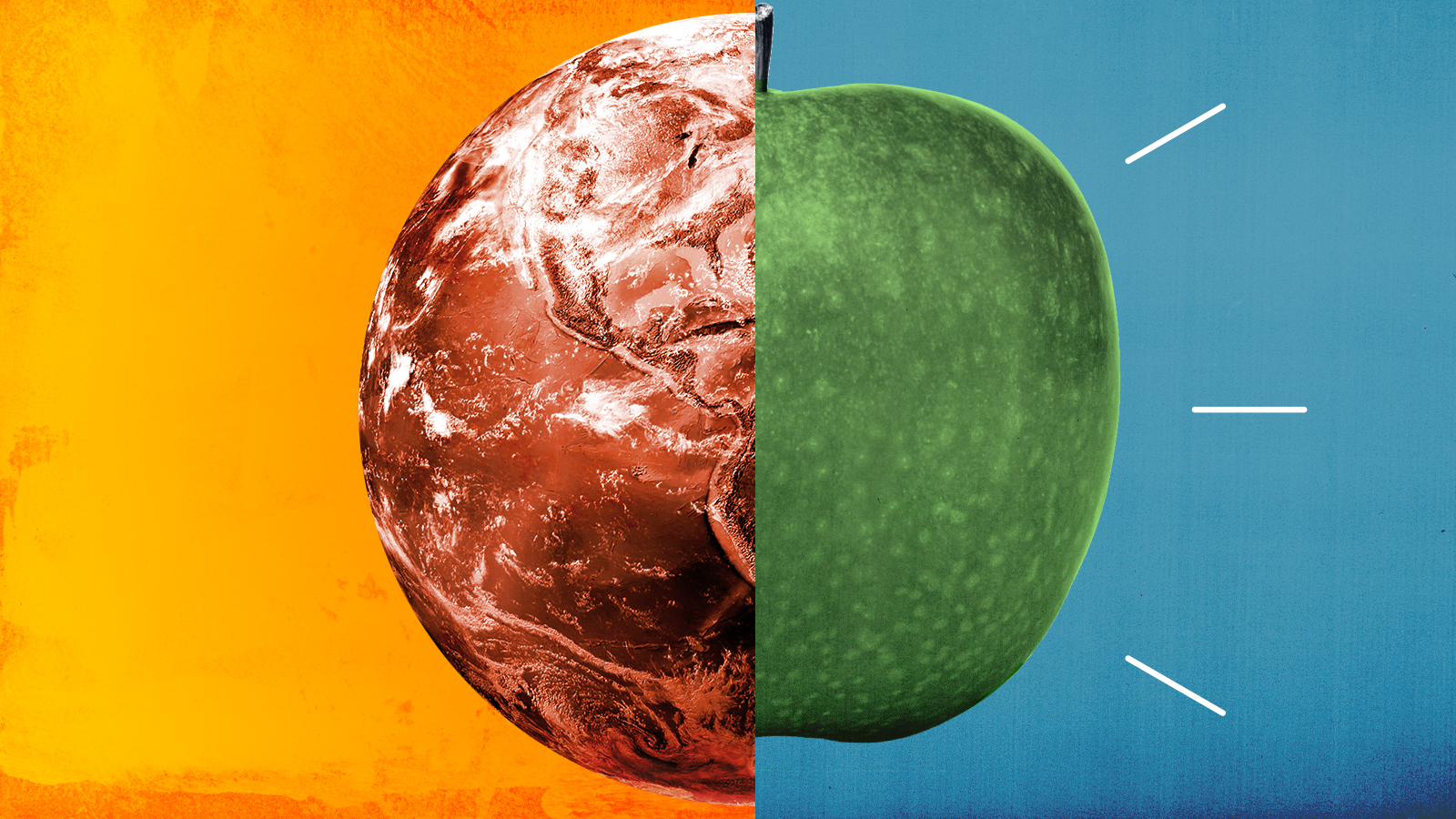What if 'trauma' isn't real?


A free daily email with the biggest news stories of the day – and the best features from TheWeek.com
You are now subscribed
Your newsletter sign-up was successful
Harper's deserves some kind of award for courage in periodical publishing for running as its December 2021 cover story Will Self's essay, "A posthumous shock: How everything became trauma."
Not only is the essay quite long, filling 12 pages of the print edition. It's also remarkably dense, ambitious, and obscure, with references to and excurses into Sigmund Freud and his 19th-century psychological precursors; examinations of the work of literary and social critic Walter Benjamin; and sharply critical engagement with the claims of present-day postmodern theorists of trauma, with repeated forays into the latest edition of the Diagnostic and Statistical Manual of Mental Disorders (DSM-V) thrown in for good measure. Oh, and the essay opens and closes with nearly identical paragraphs (a small handful of words are changed the second time through).
Is the piece worth your time and effort? Absolutely. What does it add up to? I'm honestly unsure.
The Week
Escape your echo chamber. Get the facts behind the news, plus analysis from multiple perspectives.

Sign up for The Week's Free Newsletters
From our morning news briefing to a weekly Good News Newsletter, get the best of The Week delivered directly to your inbox.
From our morning news briefing to a weekly Good News Newsletter, get the best of The Week delivered directly to your inbox.
What I can say is that Self has begun on a very high level what should be a long, involved conversation about how we should understand the cultural trend of claiming trauma. At its most basic level, a traumatic experience is one that does psychic damage to its victims, rendering them unable to process the ordeal at a conscious level and thereby producing nightmares, waking terrors, and generalized emotional fragility. The classic example is a solider experiencing post-traumatic stress disorder, or PTSD, after witnessing horrors on the battlefield. But the concept has by now been expanded to cover a much wider range of emotional experiences, even the observation of another's trauma.
Self begins by pointing to a single uncomfortable fact: Whereas schizophrenia appears in many cultural contexts (while being understood in a multitude of ways), trauma does not. As far as Self is concerned, this indicates that, far from being "a timeless phenomenon that has affected people in different cultures and at different times in much the same way," trauma is primarily a "function of modernity in all its shocking suddenness."
More specifically, he claims that living under modern conditions — and especially having regular encounters with technologies of "specularity" (photography, film, x-rays, CAT scans, MRIs, smart-phone apps) and "acceleration" — tends to make us "unreflective and frenetic," both supposed symptoms of PTSD. This leads him to conclude that what we've come to call trauma is in fact merely "an extreme version of a distinctly modern consciousness."
Does Self succeed in substantiating this sweeping claim, which appears less than a page into the essay? I'm not convinced he does. But I am convinced the essay warrants a second look and considerable additional thought. And that's quite a bit more than I can say about most of what I read these days.
A free daily email with the biggest news stories of the day – and the best features from TheWeek.com
Damon Linker is a senior correspondent at TheWeek.com. He is also a former contributing editor at The New Republic and the author of The Theocons and The Religious Test.
-
 How to Get to Heaven from Belfast: a ‘highly entertaining ride’
How to Get to Heaven from Belfast: a ‘highly entertaining ride’The Week Recommends Mystery-comedy from the creator of Derry Girls should be ‘your new binge-watch’
-
 The 8 best TV shows of the 1960s
The 8 best TV shows of the 1960sThe standout shows of this decade take viewers from outer space to the Wild West
-
 Microdramas are booming
Microdramas are boomingUnder the radar Scroll to watch a whole movie
-
 Cautious optimism surrounds plans for the world's first nuclear fusion power plant
Cautious optimism surrounds plans for the world's first nuclear fusion power plantTalking Point Some in the industry feel that the plant will face many challenges
-
 'New denial': There's a shift in climate denialism on YouTube
'New denial': There's a shift in climate denialism on YouTubeTalking Points This new era of misinformation is circumventing the platform's climate change policy
-
 The soul of a machine
The soul of a machineTalking Point Will artificial intelligence ever be conscious?
-
 Climate change is coming for the world's poles
Climate change is coming for the world's polesTalking Point
-
 The chaos on Canada's west coast is a preview of climate change woes to come
The chaos on Canada's west coast is a preview of climate change woes to comeTalking Point
-
 Will science save us?
Will science save us?Talking Point
-
 Consistent climate action wasn't on the menu at COP26
Consistent climate action wasn't on the menu at COP26Talking Point
-
 Animals likely started the pandemic. They'll likely keep it going, too.
Animals likely started the pandemic. They'll likely keep it going, too.Talking Point
